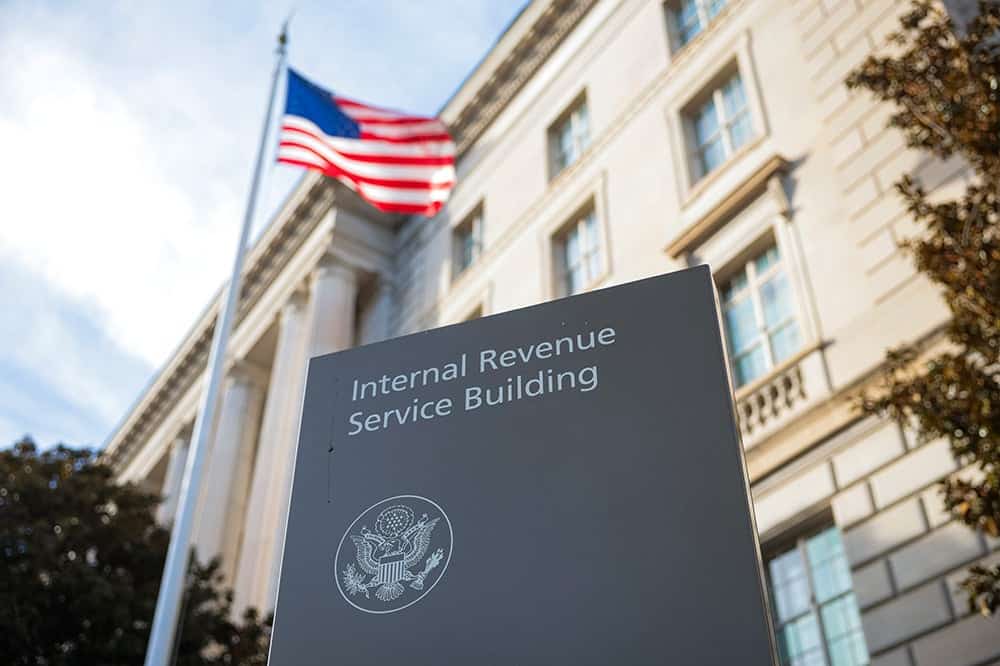Why Long-Term Debt Matters: New Analysis + Infographic
Recently, a number of commentators have urged policymakers to move away from the fiscal policy debate. Reports of “good news” on the fiscal front are being used to suggest that it’s time to move on as improvements in the economy, a better 10-year budget outlook, and slower healthcare cost growth have allegedly reduced the need for a comprehensive budget deal.
Certainly we’ve taken some small steps in the right direction. Yet the stark reality is that the fundamental fiscal challenge of the United States remains: America is on an unsustainable fiscal path that threatens its future economy and role in the world. We have a serious long-term debt problem that hasn’t been solved, and Washington needs to act soon.
Today, we’re releasing a new analysis and infographic to help illustrate and define our ongoing long-term fiscal challenges:
- The Peterson Foundation’s new report, “Why Long-Term Debt Matters,” lays out the size of the challenge we face, why long-term debt matters to Americans of all ages, and why there is urgency to act now by agreeing to a comprehensive, bipartisan plan, gradually implemented, to stabilize our debt over the long term.
- Secondly, we created an illustrative infographic highlighting several of the report’s key data points. Click on the image below to view the full-size infographic:
To download the full-sized version of the infographic, click here. To read more about why long-term debt matters, click here.
About the Peter G. Peterson Foundation
The Peter G. Peterson Foundation is a nonprofit, nonpartisan organization established by Pete Peterson – businessman, philanthropist, and former U.S. Secretary of Commerce. The Foundation is dedicated to increasing public awareness of the nature and urgency of key long-term fiscal challenges threatening America’s future and to accelerating action on them. To address these challenges successfully, we work to bring Americans together to find and implement sensible, long-term solutions that transcend age, party lines and ideological divides in order to achieve real results. To learn more, please visit www.PGPF.org.
Further Reading
The United States Collects Less Tax Revenue Than Other G7 Countries
The U.S. collects less tax revenues compared with other G7 countries, and that lower level of revenues is a key driver of the national debt.
Energy Tax Policy Under the OBBBA
As part of the OBBBA, lawmakers rolled back existing energy tax incentives in order to partially offset the bill’s deficit impact.
Top 10 Reasons Why the National Debt Matters
At $38 trillion and rising, the national debt threatens America’s economic future. Here are the top ten reasons why the national debt matters.


